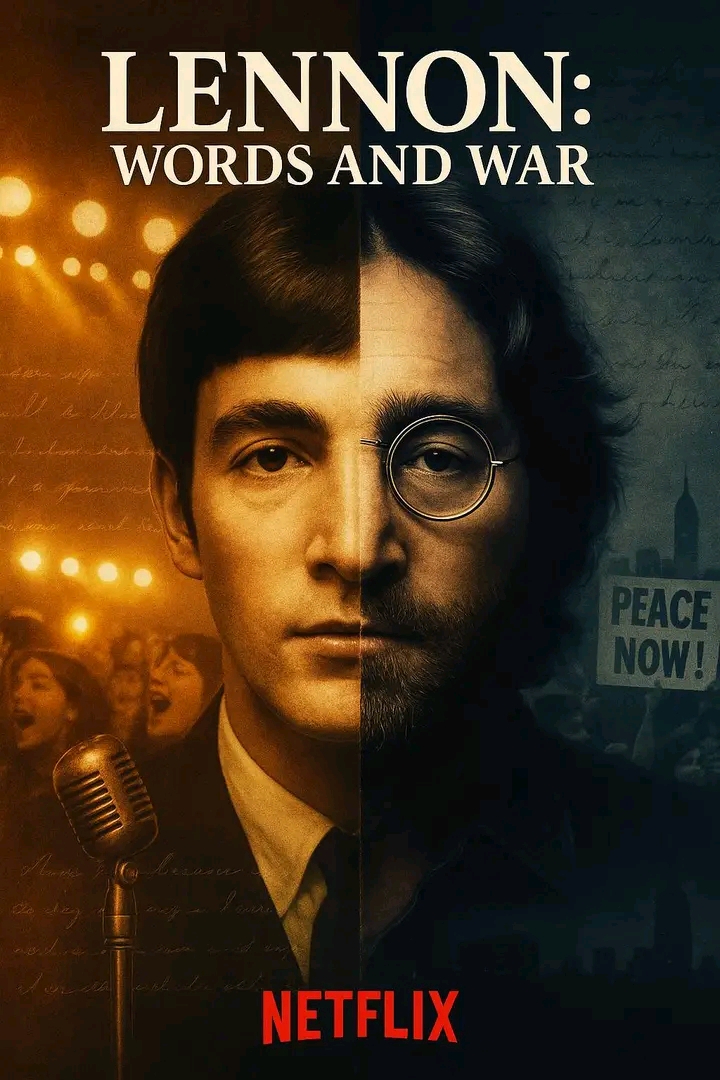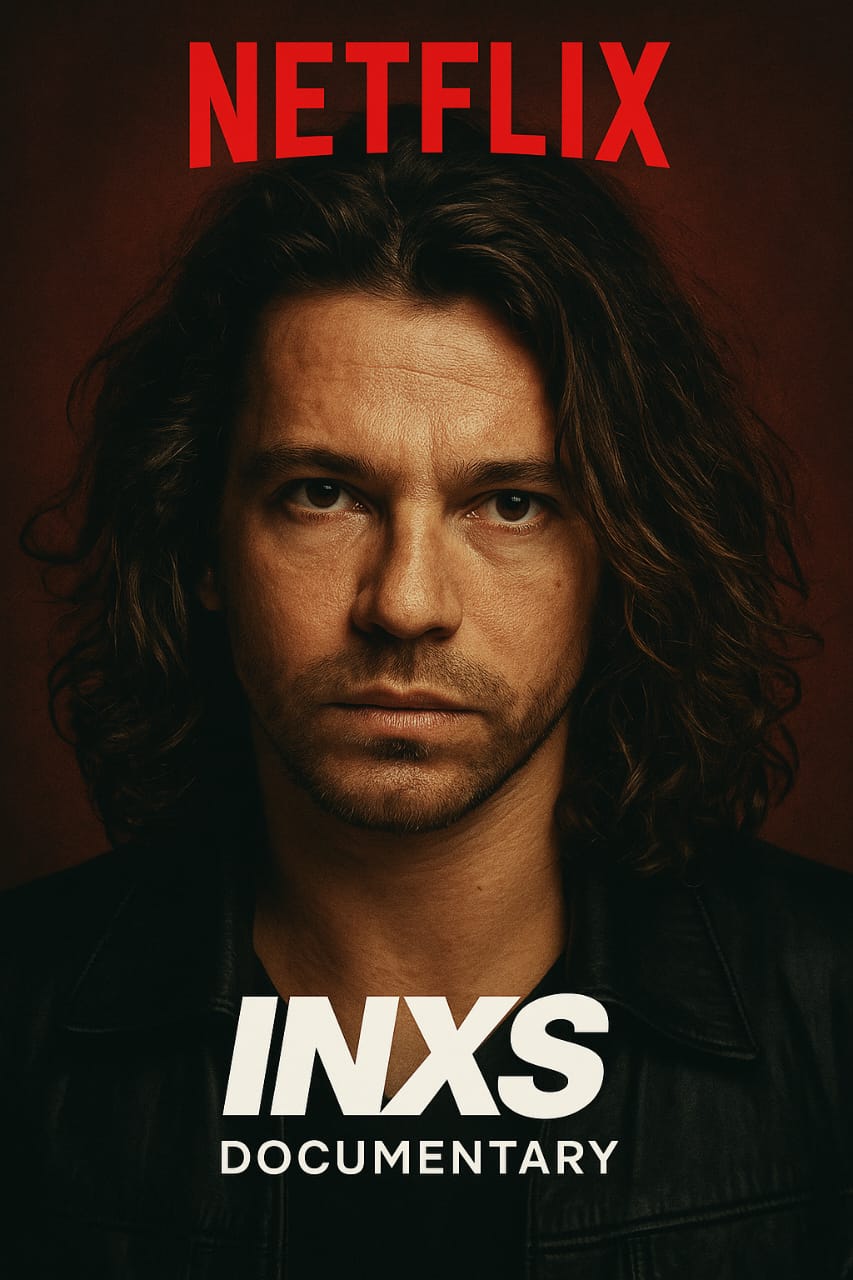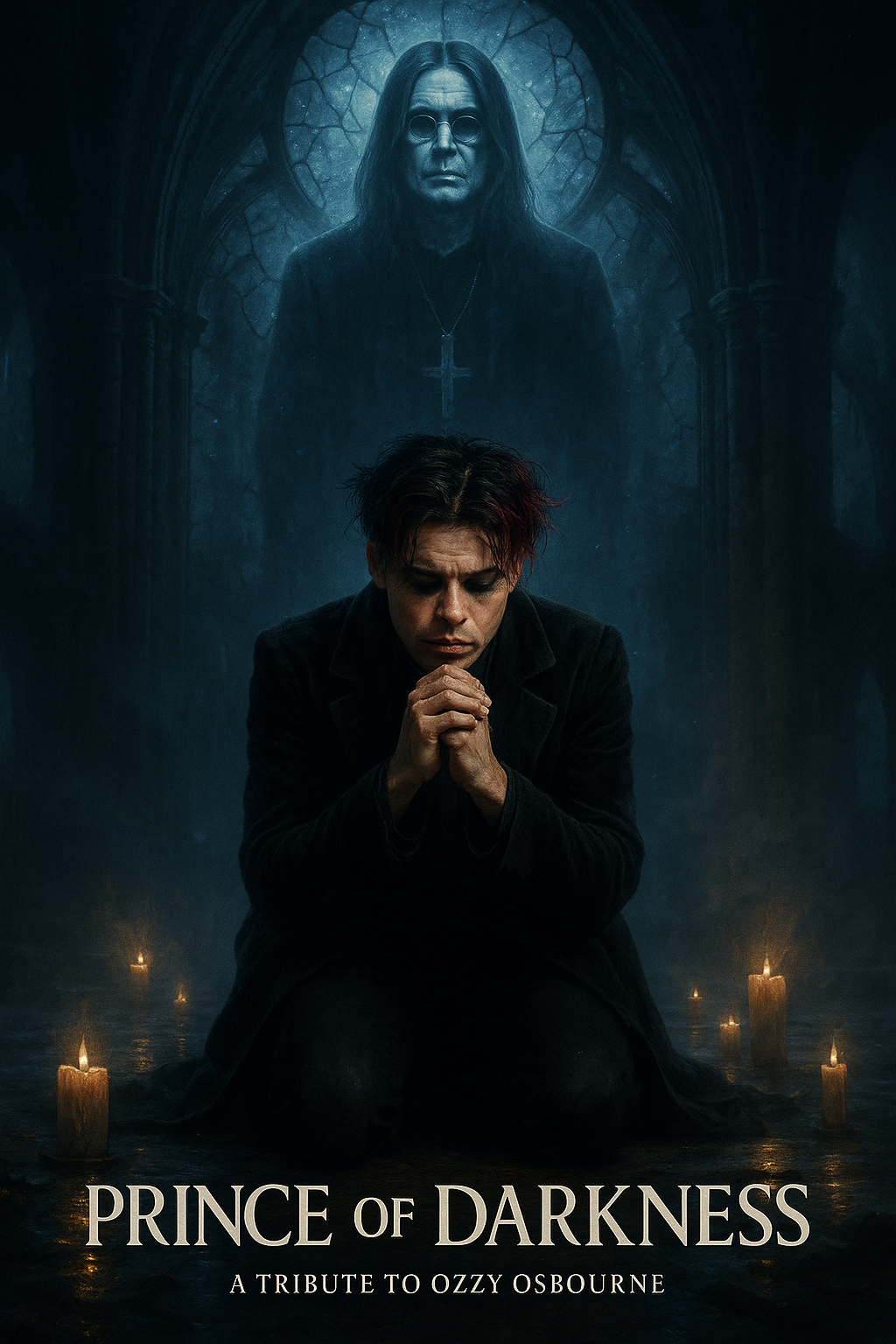The music world is once again turning its ears toward the legacy of John Lennon as Netflix unveils its latest documentary, The Last Word from Lennon. This deeply moving film offers an intimate glimpse into the complex life, career, and tragic death of the Beatles legend. Through rare archival footage, unreleased recordings, and personal interviews, the documentary paints a profound portrait of one of the 20th century’s most influential voices.
Lennon’s story has been told in pieces before, but this Netflix original aims to unify those fragments into a complete narrative. From his early days in Liverpool to the cultural explosion of the Beatles, and later, his soul-searching solo career, the film captures the evolution of a man who was never afraid to challenge the world—or himself. It’s more than a biography; it’s a tribute to the spirit of revolution, peace, and raw human emotion.
The documentary opens with a powerful montage—Lennon strumming his guitar, speaking out against war, laughing with Yoko Ono, and walking the streets of New York. These seemingly simple moments serve as a prelude to the emotional depth that follows. Audiences are reminded that behind the myth was a man driven by love, anger, hope, and an unrelenting need to be heard.
One of the most striking elements of The Last Word from Lennon is its use of unreleased audio recordings. In these tapes, Lennon speaks candidly about fame, fatherhood, regret, and redemption. His voice, weathered yet wise, guides viewers through the journey. It’s as if Lennon himself is narrating his life, giving us his “last word” in the most literal sense.
Key figures in Lennon’s life also make appearances throughout the film. Paul McCartney, Ringo Starr, Julian Lennon, Sean Ono Lennon, and even rarely heard perspectives from George Harrison’s family offer emotional and reflective insights. Their contributions are not just nostalgic—they’re filled with raw honesty and, at times, unresolved grief.
The documentary doesn’t shy away from the controversies. It addresses Lennon’s turbulent relationships, public outbursts, political activism, and the strain his fame placed on his personal life. These segments give the film its edge, offering a humanized portrayal that doesn’t sugarcoat the truth. This is Lennon in full dimension—flawed, fierce, and unforgettable.
The final act of the film deals with the tragic night of December 8, 1980, when Lennon was murdered outside his home at the Dakota. This segment is handled with dignity and emotional weight, as friends, fans, and family recount where they were and what they felt. The pain of that loss still reverberates, and the film doesn’t let us forget why.
Yet even amid heartbreak, The Last Word from Lennon is filled with hope. It reminds viewers of Lennon’s enduring messages of peace, love, and imagination. Songs like “Imagine,” “Give Peace a Chance,” and “Watching the Wheels” are woven throughout the film, their lyrics echoing louder in today’s world.
The visual style of the documentary is equally striking. Directed with a lyrical, almost dreamlike quality, it blends real footage with artistic transitions that reflect Lennon’s creative mind. Sketches, journal entries, and personal photographs are animated into the story, creating a collage-like tribute that feels both vintage and modern.
Fans of Lennon, the Beatles, and music history at large will find themselves engrossed in this tribute. But the film reaches further—it’s for anyone who has ever found themselves inspired by an artist, moved by a melody, or awakened by words that echo through generations.
Netflix has created something timeless with The Last Word from Lennon. It’s more than a film—it’s a conversation across decades, a reminder of how art can live far beyond the artist. It is as much about the man as it is about the message he left behind.
In the end, the documentary is not just about loss—it’s about legacy. Lennon may have left this world far too soon, but his voice, his fight, and his final words continue to resonate. With this stirring release, Netflix ensures that those words, indeed, are never lost.


